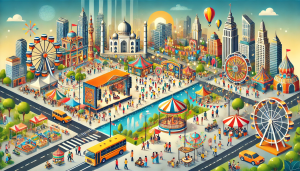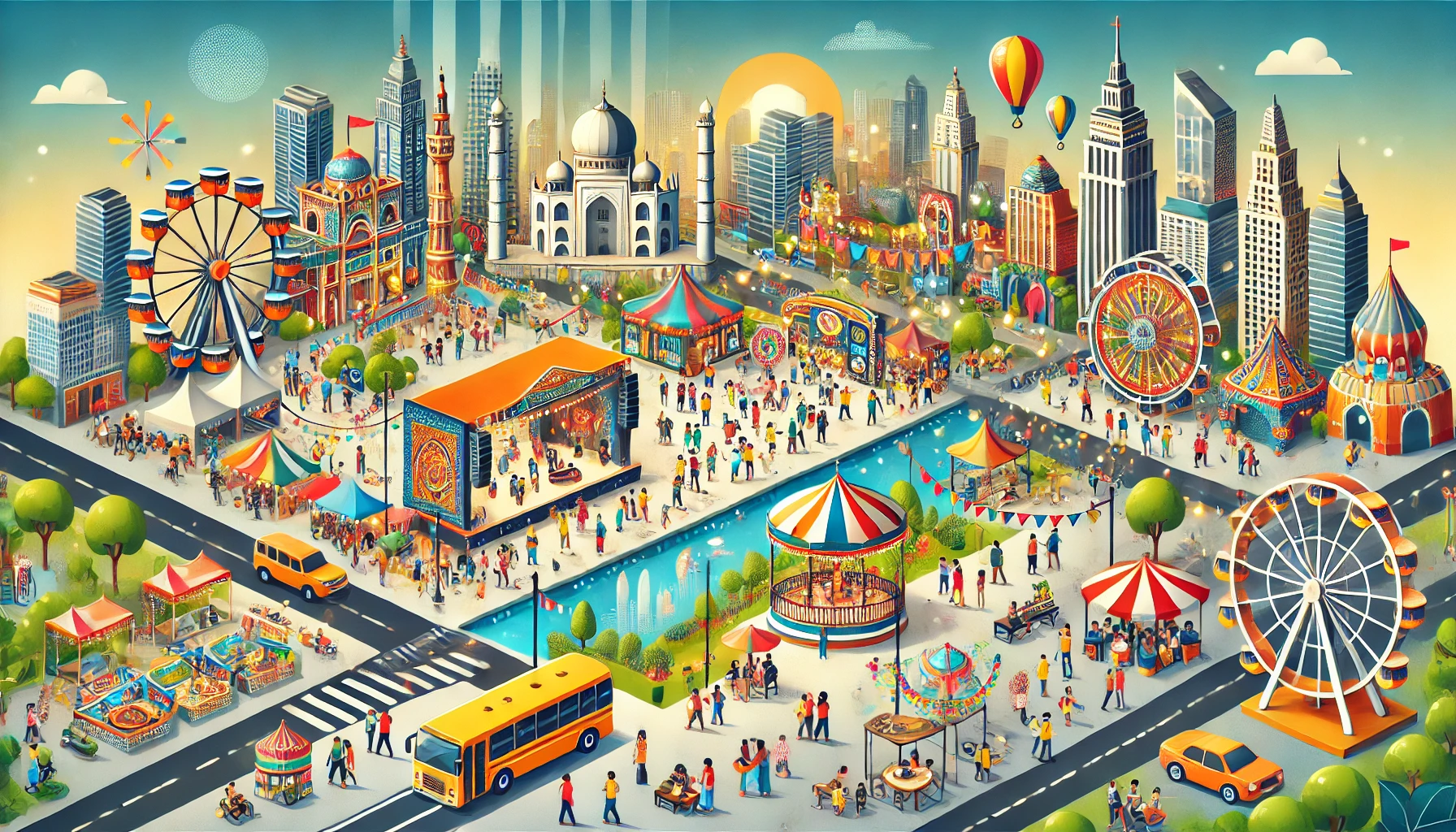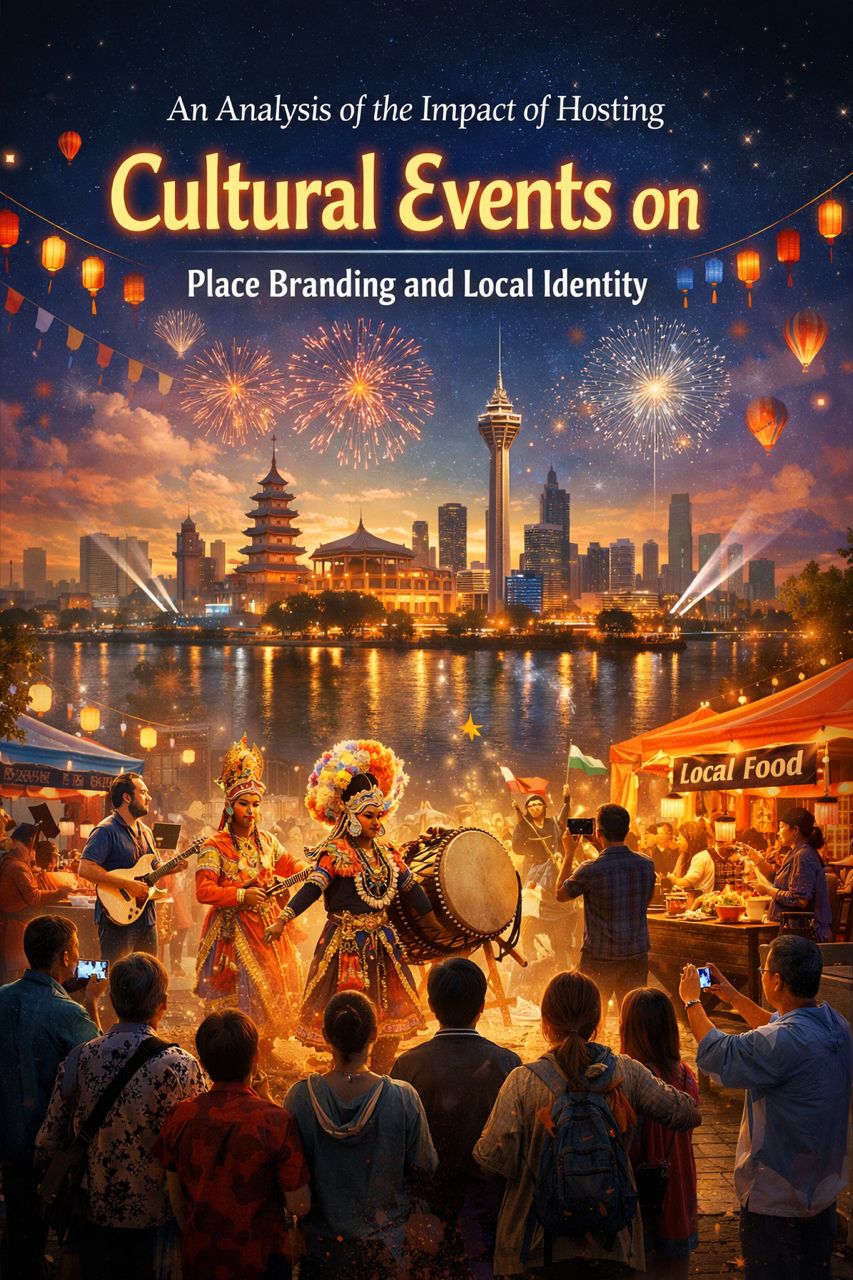
Abstract
Tourism and cultural events are recognized as effective tools for attracting tourists to cities. These events not only increase the number of visitors but also have significant impacts on the urban economy. This paper examines the role of cultural and tourism events in attracting tourists and their economic effects.
Introduction
Cities, as cultural and economic hubs, constantly strive to enhance their appeal to tourists by hosting various events. Cultural, artistic, sports events, and festivals serve as key drivers for attracting tourists, consequently bringing positive economic impacts to cities.
The Role of Tourism and Cultural Events in Attracting Tourists
1.Creating Unique Experiences
Cultural events such as festivals, concerts, and exhibitions provide unique experiences for tourists, increasing their desire to visit specific cities (Richards, 2007).
2.Destination Promotion and Marketing
Hosting major events can help promote the destination, increasing its recognition and popularity among tourists (Getz, 2010).
3.Building Social Networks
Events create opportunities for social interactions between tourists and locals, which can lead to attracting more visitors (Cohen & Kliot, 1992).
The Impact of Tourism Events on the Urban Economy
1.Revenue Generation
Tourists typically spend significantly during their stay on accommodation, food, transportation, and shopping, directly benefiting the local economy (Dwyer et al., 2000).
2.Job Creation
Tourism events can lead to the creation of new jobs in sectors such as hospitality, catering, and transportation (Bramwell & Lane, 2000).
3.Infrastructure Development
The need for suitable infrastructure to host events can drive investment in urban infrastructure, including public transport, parks, and recreational facilities (Fletcher et al., 2013).
4.Long-Term Effects
The success of an event can result in its annual or periodic recurrence, providing sustained economic benefits to the city (Patterson & Pan, 2015).
Conclusion
Urban tourism and cultural events play a critical role in attracting tourists and impacting the urban economy. By creating unique experiences and increasing destination recognition, these events contribute to urban economic growth. Therefore, urban planners should prioritize the design and execution of attractive events.
References
1.Bramwell, B., & Lane, B. (2000). Tourism Collaboration and Partnerships: Politics, Practice and Sustainability. Channel View Publications.
2.Cohen, E., & Kliot, N. (1992). Tourism and the Politics of the Environment in Israel. Tourism Management, 13(1), 51-58.
3.Dwyer, L., Forsyth, P., & Spurr, R. (2000). Assessing the Economic Contribution of Tourism to the Economy. Tourism Economics,




